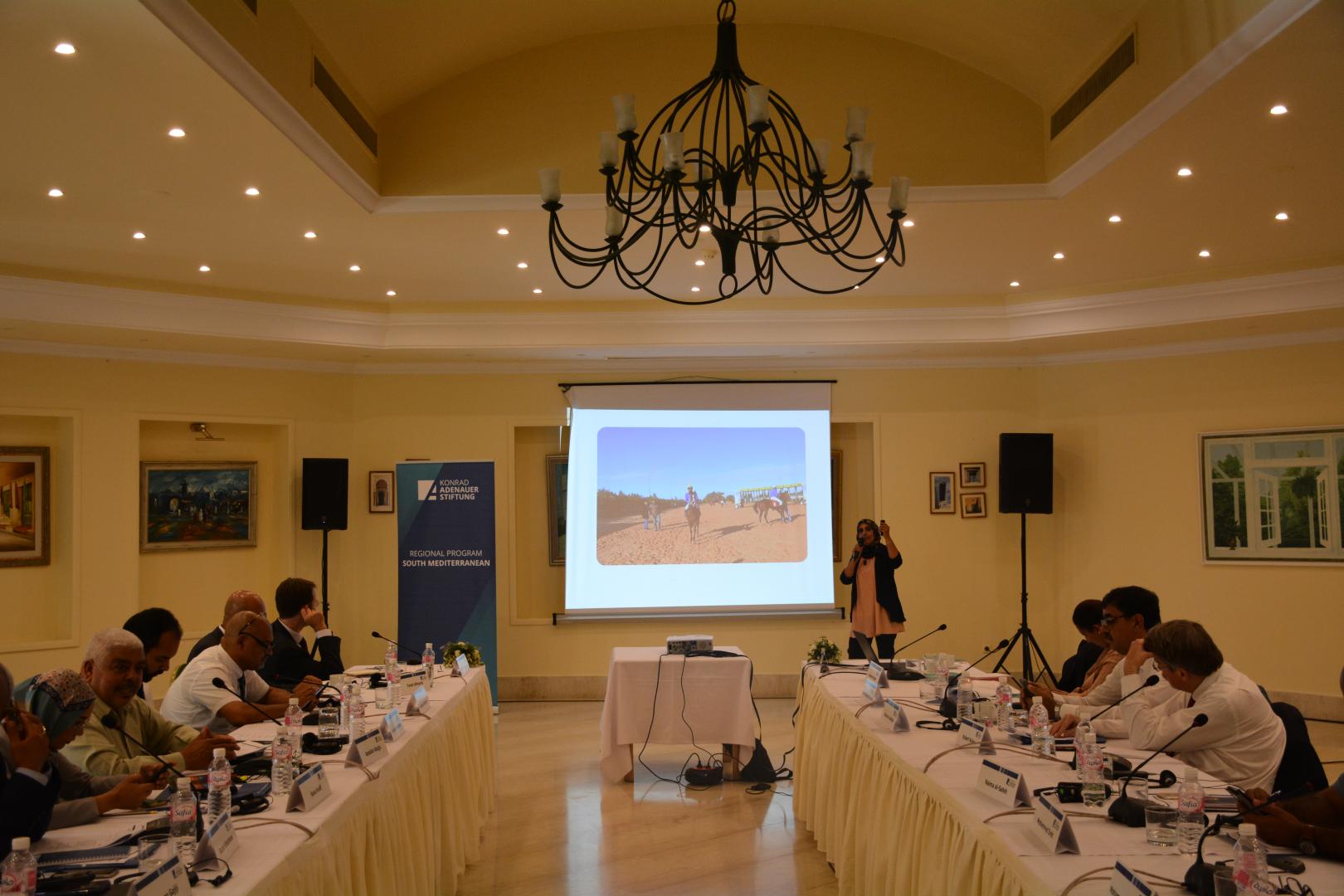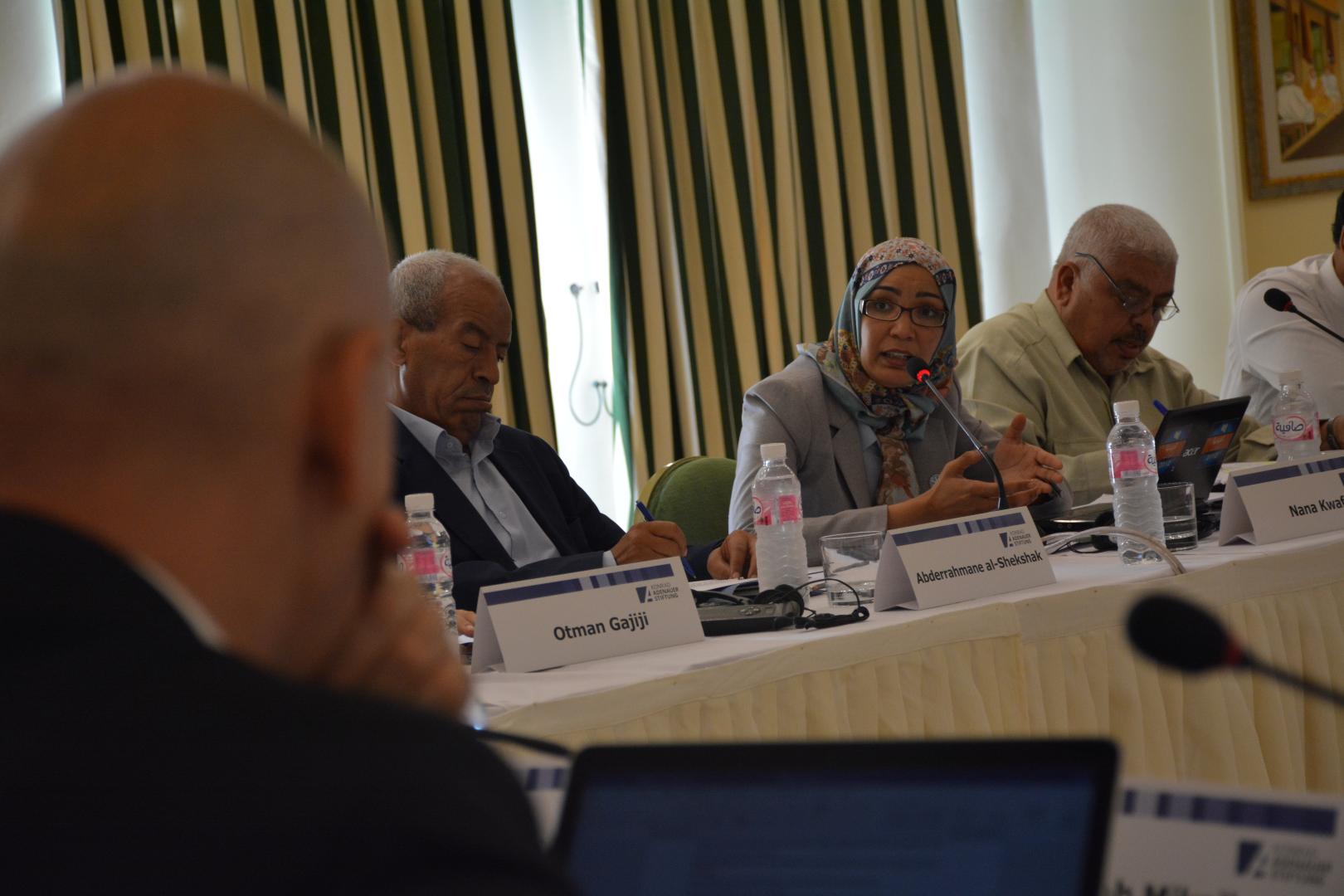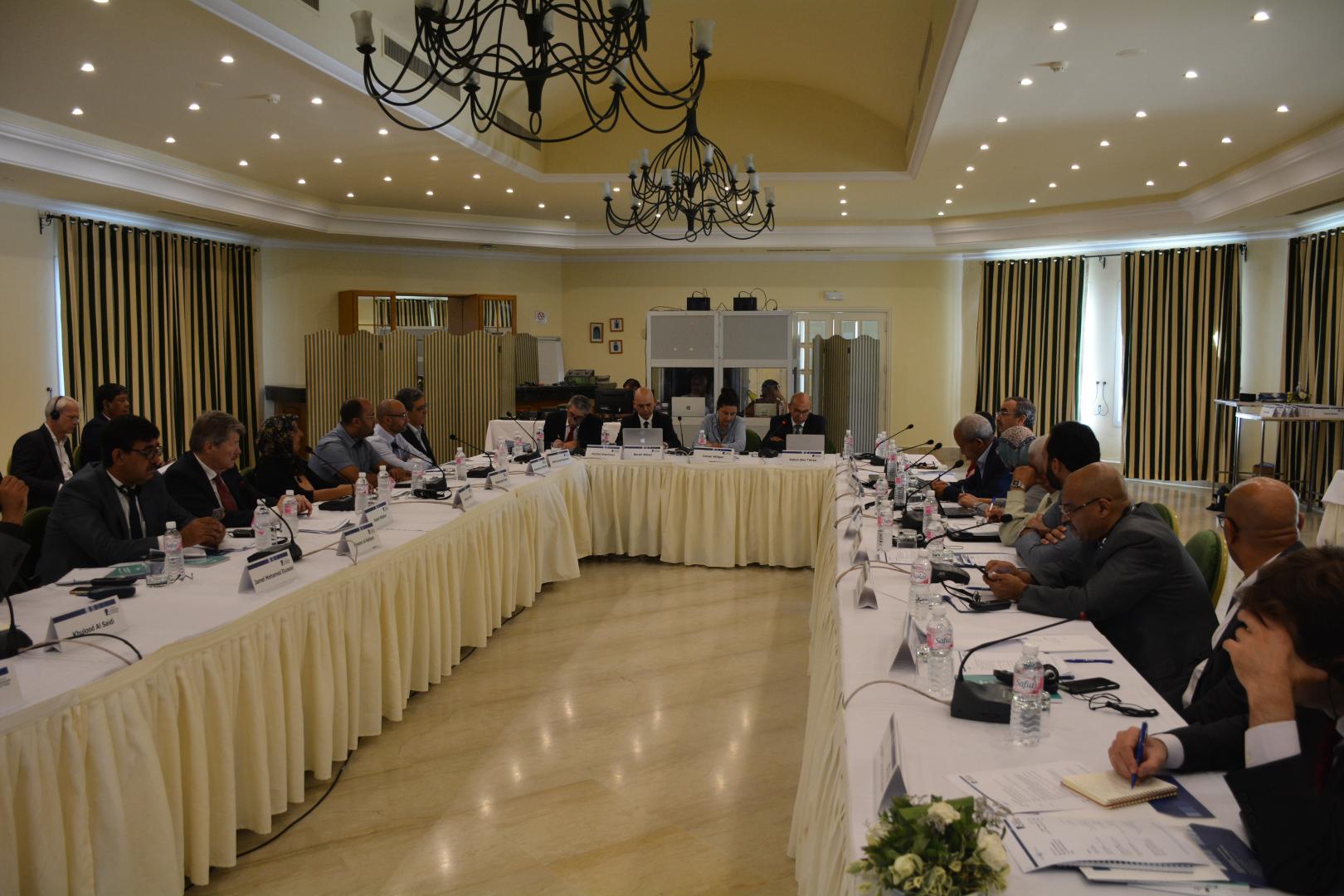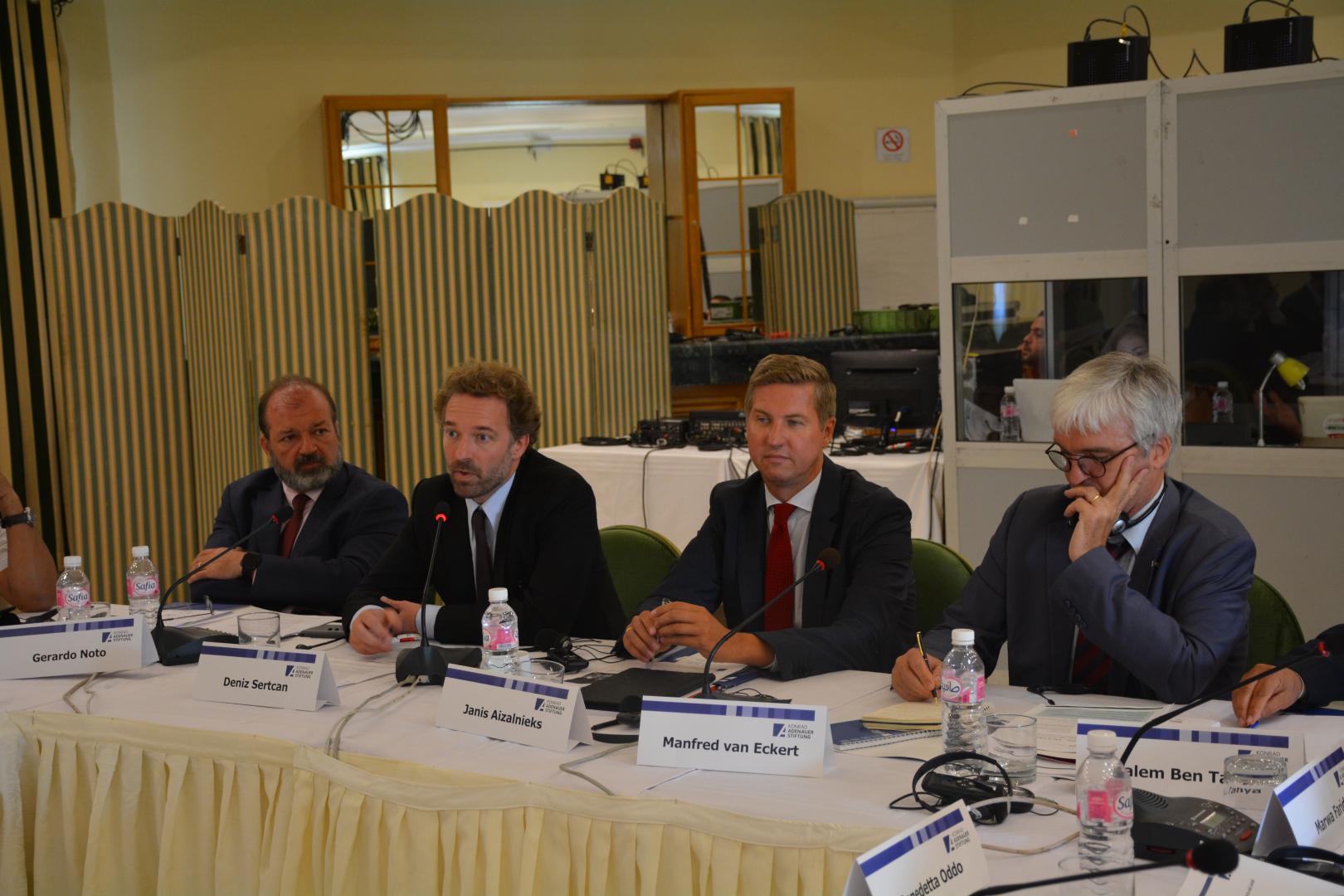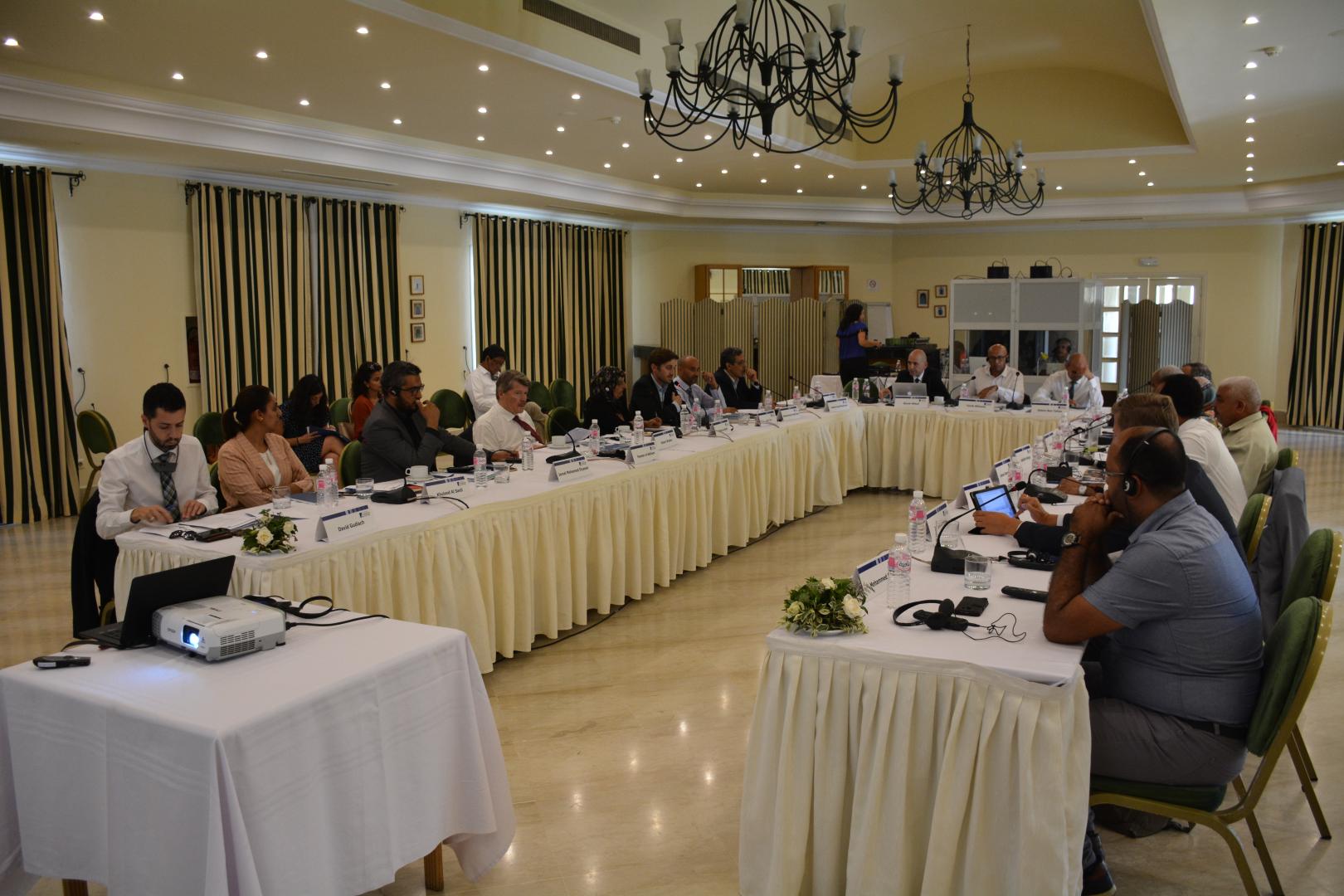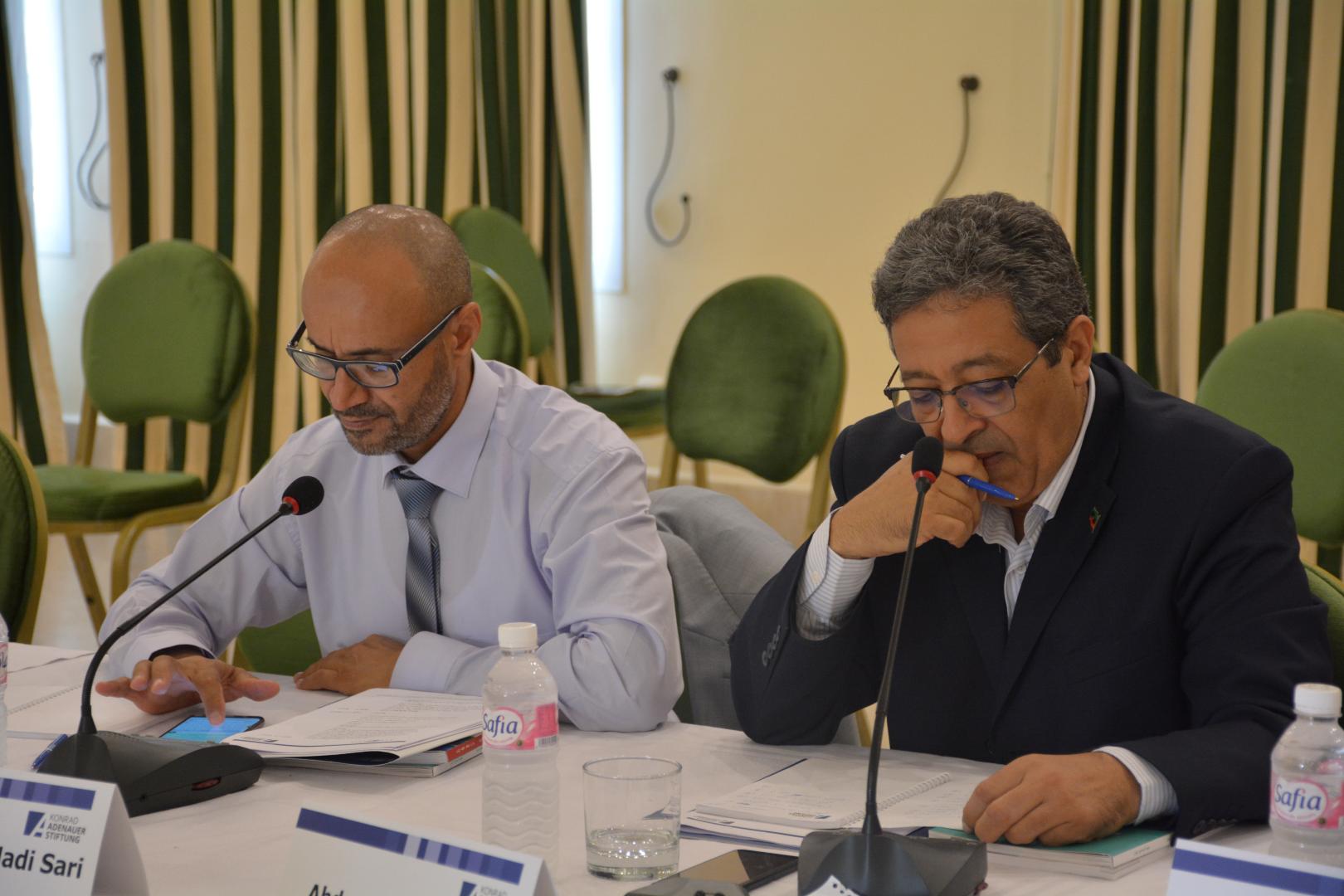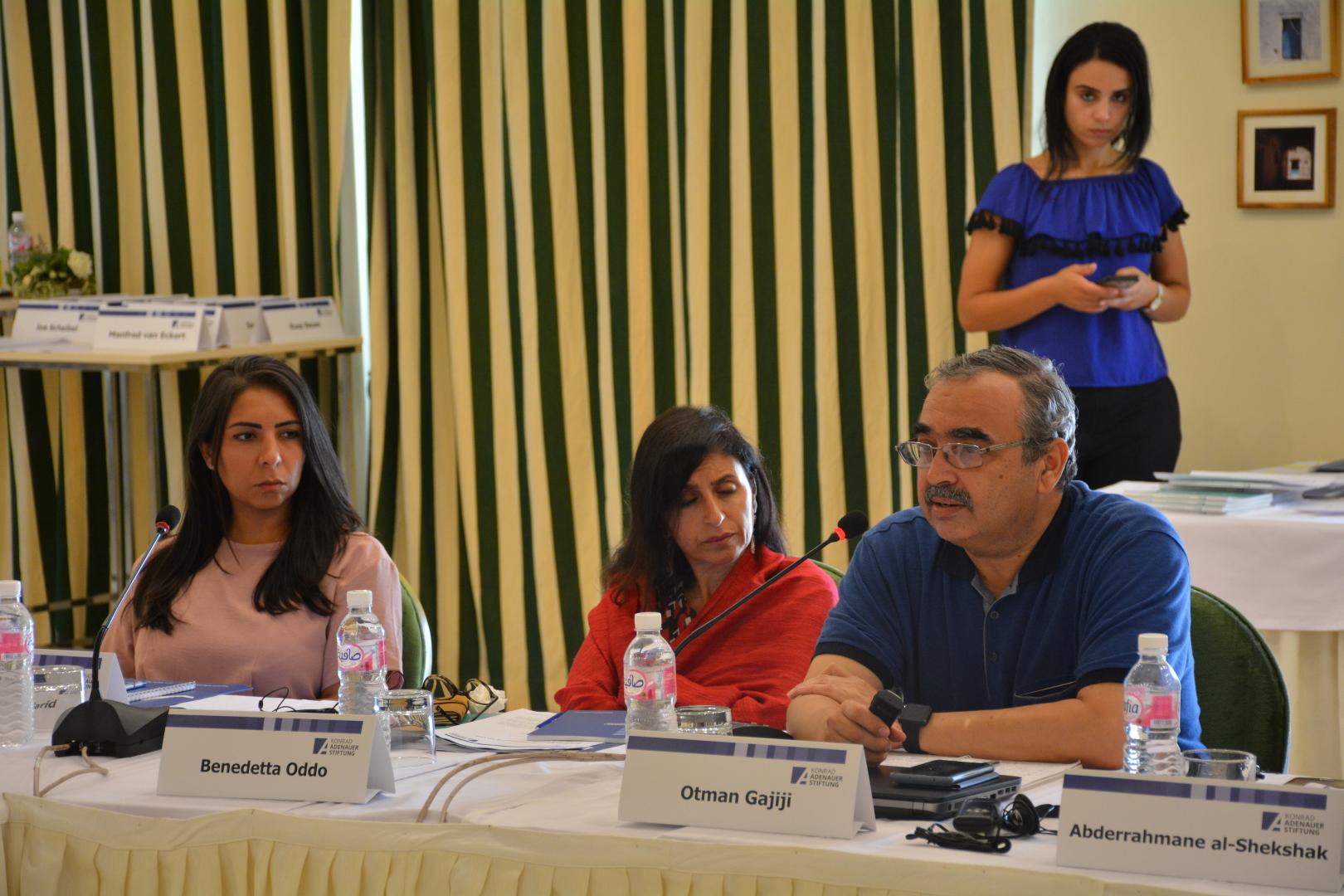Municipal councils and other local community actors are crucial to solve Libya’s current crisis. While the implementation of decentralization efforts is stalled due to the ongoing violent conflict, the escalation of political and military tensions on the national level has given an even greater importance to local bodies and initiatives. In times of war and political uncertainty and despite various ideological divisions within members of municipal councils, local governance authorities can be key actors in reconciliation and service provision for the population.
Which are the most important local governance authorities in Libya? Who are the influential local figures in the country? What is the political reality of municipal councils today? How do they interact with provincial, national and/or regional power brokers? If the national-level alliances keep on failing to negotiate effective power-sharing formulas, could the future of Libya possibly be a future of city states?
These and other questions were discussed during the Libyan-Libyan dialogue event in Tunis that was organized by the KAS Regional Program Political Dialogue South Mediterranean in cooperation with the Madrid-based think tank Stractegia. The delegates discussed the municipal landscape in the country, the continuity of political divisions on city-level and possibilities for the international community to support local institutions in their efforts to stabilize Libya.
A report on the main lessons learned from the dialogue event will be published on our website soon.
Which are the most important local governance authorities in Libya? Who are the influential local figures in the country? What is the political reality of municipal councils today? How do they interact with provincial, national and/or regional power brokers? If the national-level alliances keep on failing to negotiate effective power-sharing formulas, could the future of Libya possibly be a future of city states?
These and other questions were discussed during the Libyan-Libyan dialogue event in Tunis that was organized by the KAS Regional Program Political Dialogue South Mediterranean in cooperation with the Madrid-based think tank Stractegia. The delegates discussed the municipal landscape in the country, the continuity of political divisions on city-level and possibilities for the international community to support local institutions in their efforts to stabilize Libya.
A report on the main lessons learned from the dialogue event will be published on our website soon.
About this series
The Konrad-Adenauer-Stiftung, its educational institutions, centres and foreign offices, offer several thousand events on various subjects each year. We provide up to date and exclusive reports on selected conferences, events and symposia at www.kas.de. In addition to a summary of the contents, you can also find additional material such as pictures, speeches, videos or audio clips.



